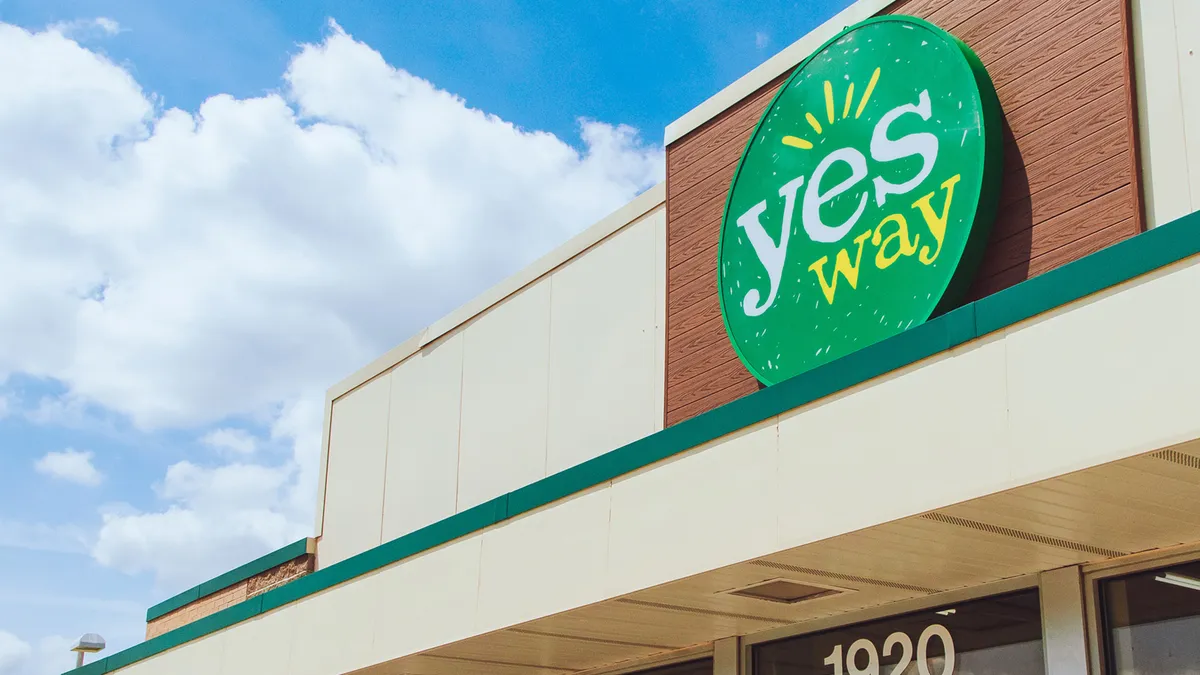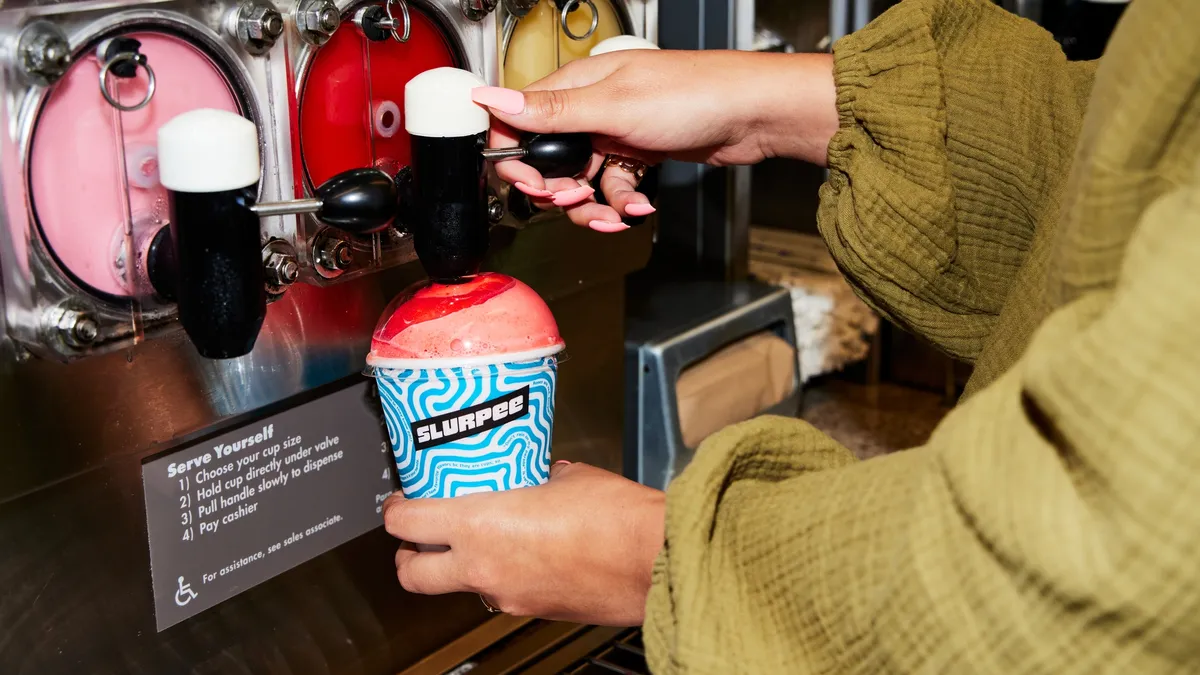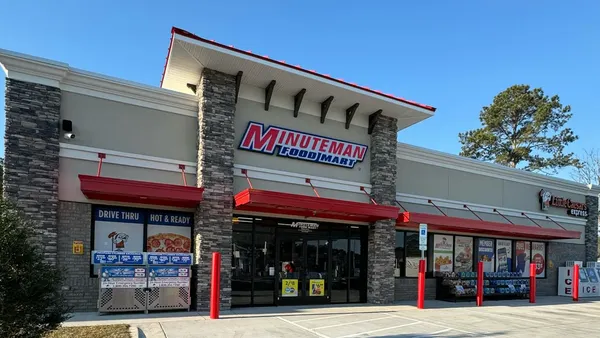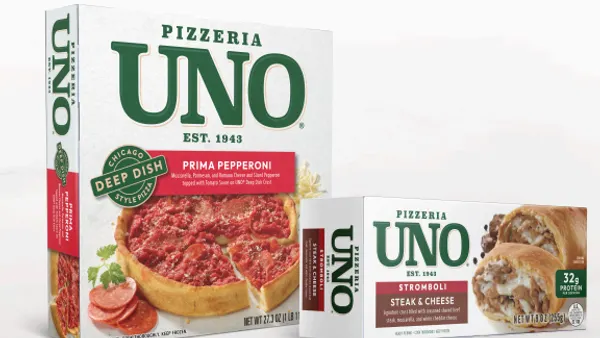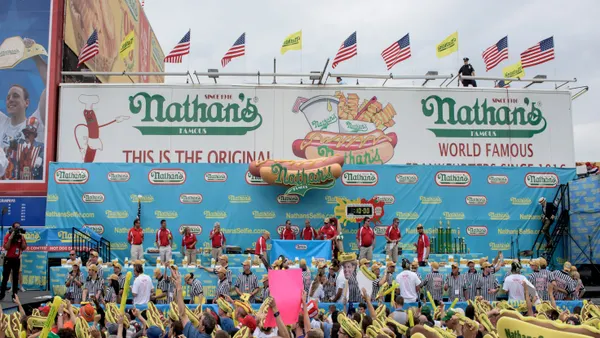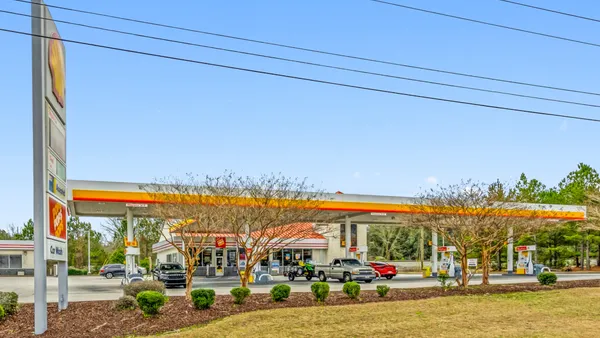After months of speculation, Yesway recently agreed to sell its 29 convenience stores across Iowa and Kansas to Nebraska-based retailer Mega Saver for an undisclosed amount. Once closed, the deal will mark the end of Yesway's presence in the Midwest, where the Texas-based company was once headquartered.
When C-Store Dive first reported in February that Yesway intended to exit these states, a company spokesperson said these stores didn’t match its strategy and that Yesway intended to reinvest the proceeds from a sale into sites “that enable us to provide a better customer experience.”
A source close to Yesway, who spoke on the condition of anonymity due to a confidentiality agreement, echoed the spokesperson’s comments. However, this source added that the stores in Iowa and Kansas were also earning below-average EBITDA in relation to the rest of Yesway’s sites.
“They weren’t going to be growing their store count in those territories anytime soon,” the source said about Yesway in an interview last week.
Yesway’s exit from the Midwest underscores just how challenging the past few years have been for the retailer and its parent company, private equity real estate investment firm Brookwood Financial Partners. Yesway axed its year-long IPO plans in late 2022. Since then, Yesway not only lost some of its top executives to competitors, but has seen its total c-store count drop — a stark contrast from CEO Tom Trkla’s 2023 vision to build 60 to 80 locations per year.
Given today’s difficult operating environment for c-stores, it’s no surprise that Yesway has faced some headwinds. But what separates the company from its competitors is that Brookwood’s initial 10-year investment fund in Yesway is set to expire in 2026. The company isn’t close to monetizing it, leaving investors and stakeholders frustrated — and wanting some sort of activity, whether that be the IPO or potentially an outright sale.
“I think the frustration stems from being three years [into] a pending deal and nothing has materialized,” the source said. “We went from thinking we were going public and having a monetization event, and now we’re back in an illiquid, uncertain situation.”
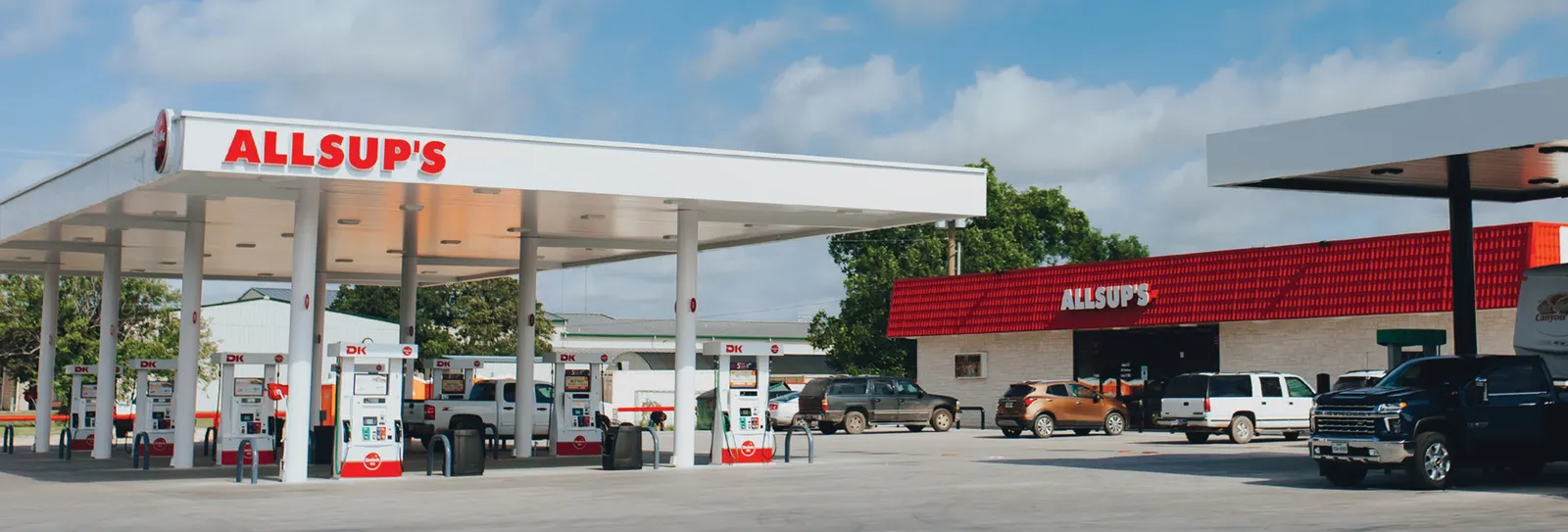
Trkla told C-Store Dive in March 2023 that the IPO was halted because of market volatility. The source last week added that Yesway encountered “a combination of bad luck and bad timing” when the current inflationary environment kicked in.
Trkla noted in that same interview that Yesway intended to refile with the SEC later in 2023. Although a Bloomberg report in September said Yesway was planning to revive its IPO plans for as much as $300 million this or next year, no traction has been made on going public, the source confirmed.
When the IPO flopped, Brookwood decided to explore selling many, or even all, of Yesway’s c-store assets, including its hundreds of Allsup’s locations, according to the source. But with inflation rising at the time, potential acquirers saw that their cost of debt capital would double or triple if a deal was made, leading them to back out, the source said.
Additionally, Yesway's pool of potential acquirers has shrunk over the past year, the source said, referring to retailers like 7-Eleven, Alimentation Couch-Tard and Casey’s General Stores, who have all made acquisitions of around 200 stores or more since 2024.
“We went from thinking we were going public and having a monetization event, and now we’re back in an illiquid, uncertain situation.”

A source close to Yesway speaking on the condition of anonymity
A spokesperson from Yesway did not respond by press time when asked to comment on the company exploring a sale of its assets.
Brookwood could choose to grow Yesway’s business, similar to Trkla’s original vision. But challenges persist on that front as well, the source said, pointing to increasing c-store competition in the Southwest, rising operating and building costs, and the industry’s hiring and retention headaches.
With the clock winding down on its investment fund in Yesway, Brookwood could take a variety of directions when it comes to the retailer’s future, whether that be progressing towards its long-awaited IPO, acquiring more stores or continuing to divest its assets. Until then, the c-store industry — and Yesway’s stakeholders — will be waiting.


